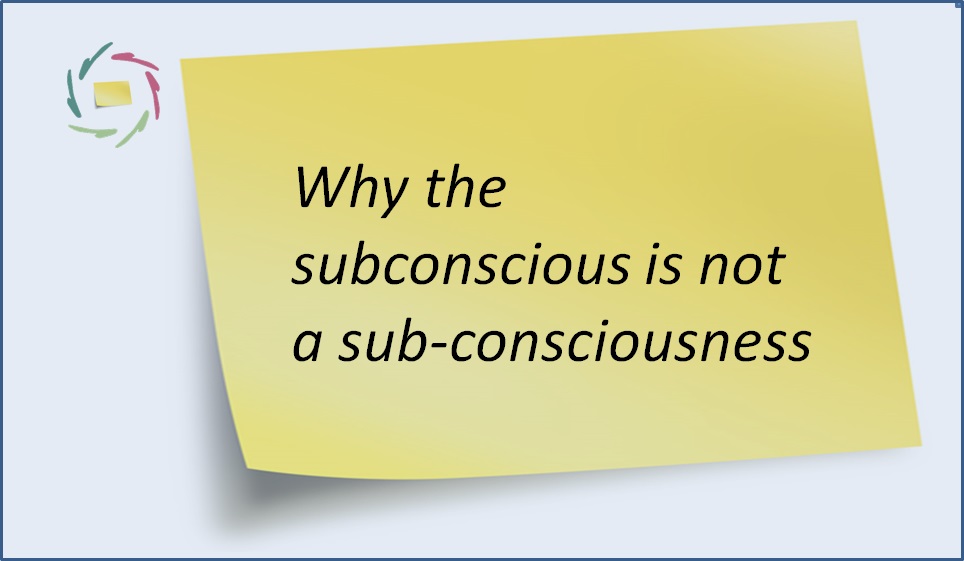Bias is Our Thinking

Human thinking is based on being drawn to some bias. Bias is part and parcel of human thinking.
There is not only bias IN our thinking. Bias IS our thinking. This needs some explanation.
The rabbit and the duck
In this well-known illusion, you can see a rabbit (looking to the left) or a duck (looking to the right). Seeing one of both makes it – at least slightly – harder to see the other. You can try it out now. After a while, it can go better, but then you have trained your brain on this specific example.

This principle is active in many fields. Science shows that once the brain (your mind) sees something, it looks for evidence to back this up and to keep seeing in this way. In the above, once you see a rabbit or a duck, your brain wants to keep seeing it. Maybe you like ducks in the first place; then your brain wants to ‘see duck’ so much that you started in this direction, making the other direction cognitively dissonant from the beginning.
As to this principle, if we find even meager evidence, we call ‘eureka.’ If we find conflicting evidence, we enter cognitive dissonance mode and do our best to get out of it by ignoring the evidence. In short, we are biased thinkers by nature.
Into the mental-neuronal patterns level
Seeing the duck speaks to your duck patterns, being embedded in many more patterns that all-in-all support your duck pattern through many kinds of overlap. With this in place, the patterns naturally favor new information that enhances the specific patterns and their embeddedness. In other words: bias.
Being the basics of pattern recognition and completion, this is nothing but the way your brain works. It’s efficient toward what is mainly to be achieved in thinking. It is robust, flexible, highly performant… and puts a different light on ‘bias.’
A bias is not just a flaw of thinking. It is the way we think. We can think efficiently because we are biased.
Is that a good or a bad thing?
In any case, it brought us here, in a technologically (relatively) advanced state of civilization.
But this is also the time of a socially complex civilization with technologically supercharged possibilities of construction and destruction. Bias-thinking may lead to humanity’s doom.
Of course, it helps a lot to have at least some essential insight.
Unfortunately, the same happens in politics.
Here, of course, it can have enormous consequences on choices for people and principles.
For instance, many people think they choose some candidate objectively. But the same inclination to avoid cognitive dissonance runs counter to objectivity. One wants the preferred candidate to be better than the other. Thus, one will see the arguments to make it so and ignore counterevidence. Since this happens non-consciously, it can go without, well, any conscious awareness.
The same is active in the case of some ideology or moral principle. After being trained in looking at things one specific way – such as from birth and every day again – one builds for oneself naturally an environment in which the supporting patterns are enhanced, and the dissonant ones suppressed. If that happens to you, it doesn’t mean you’re insane.
It does mean you should keep viewing things from different perspectives. “Because it’s obvious” is never good enough.


